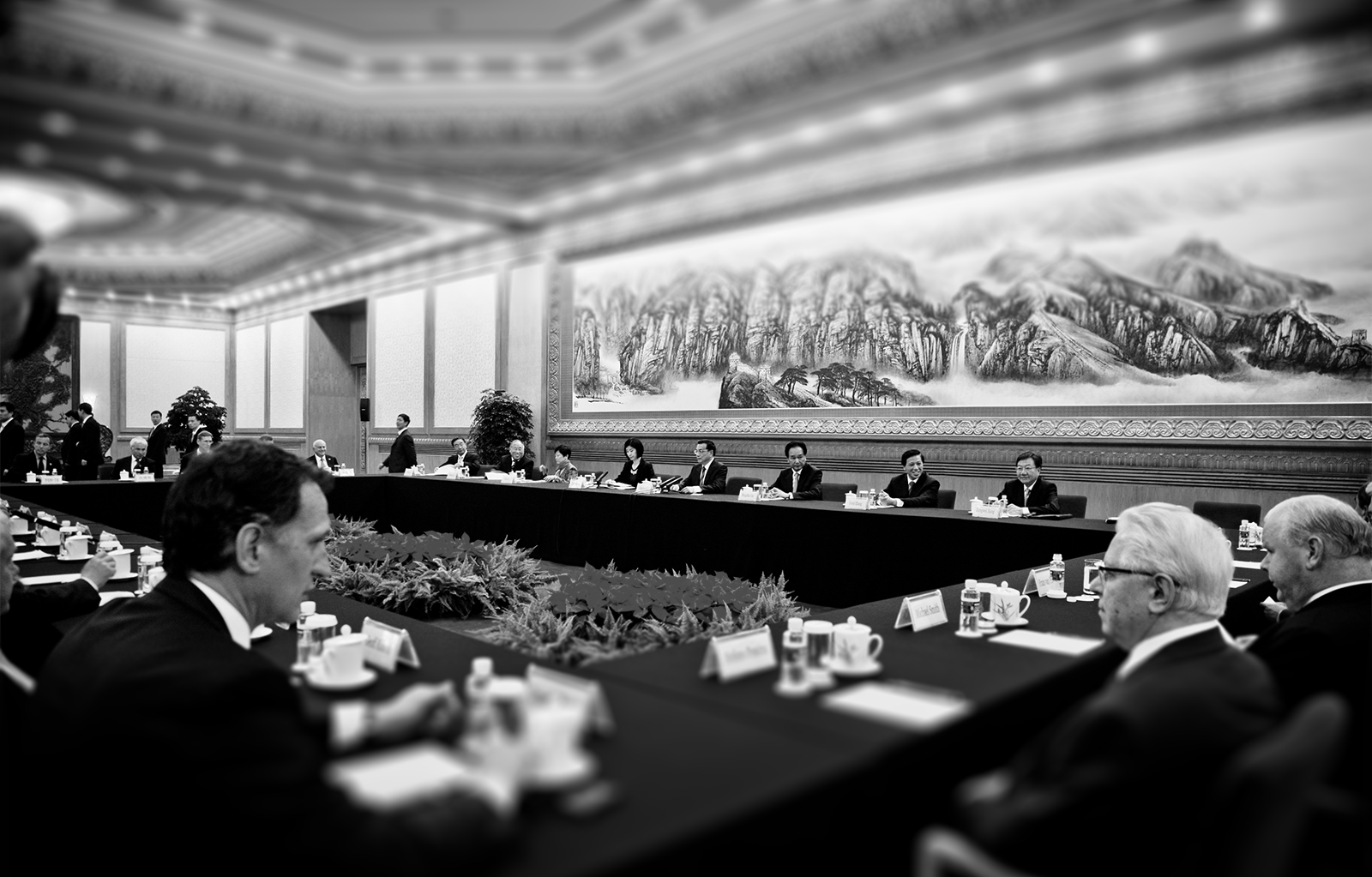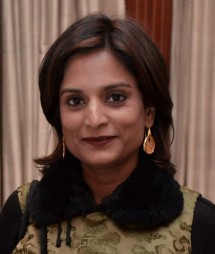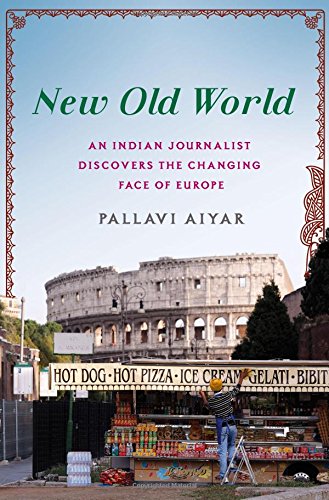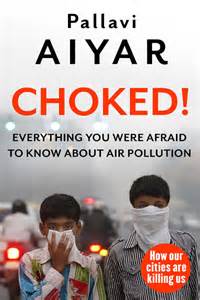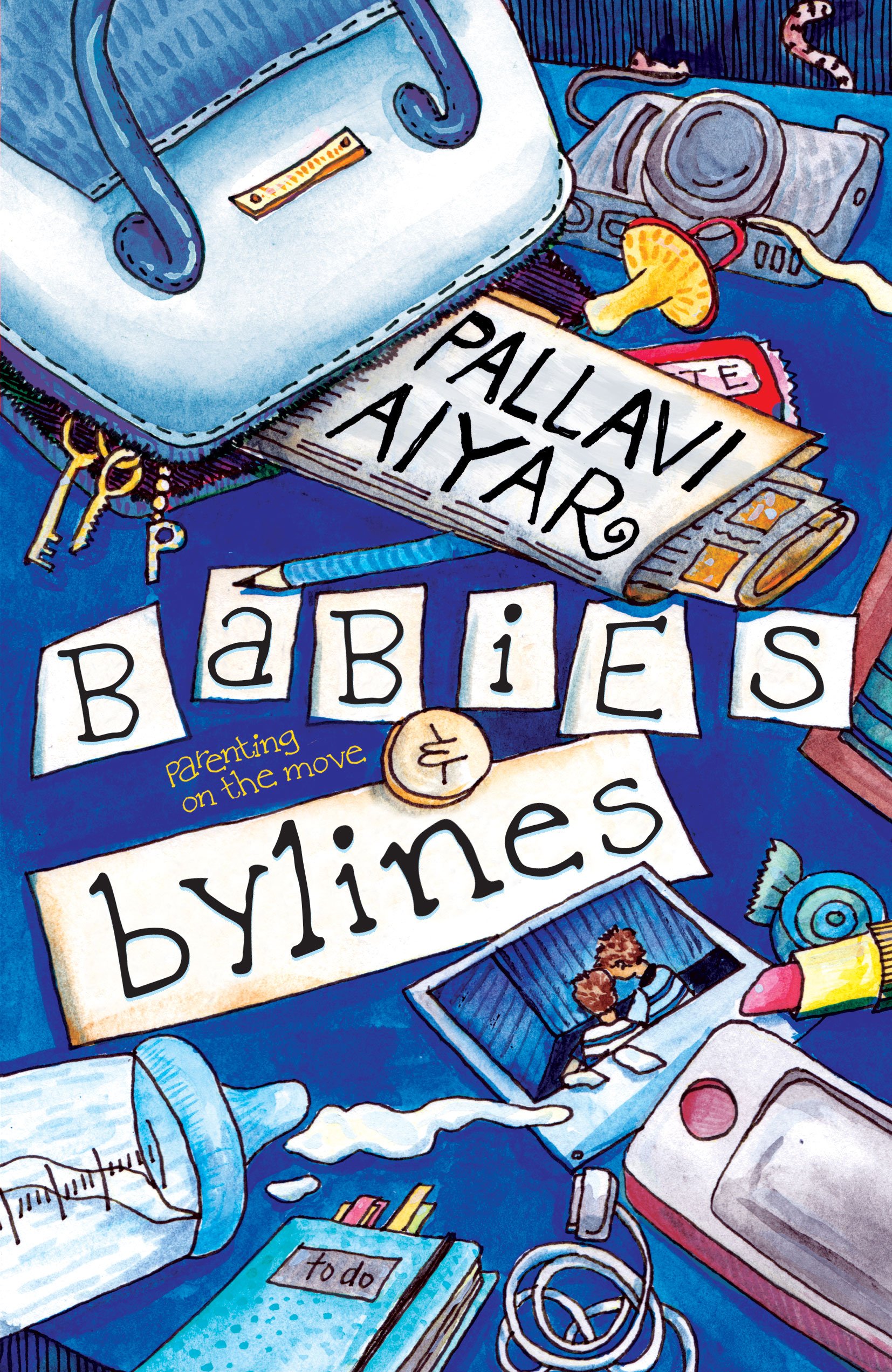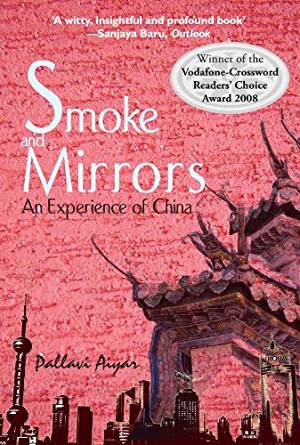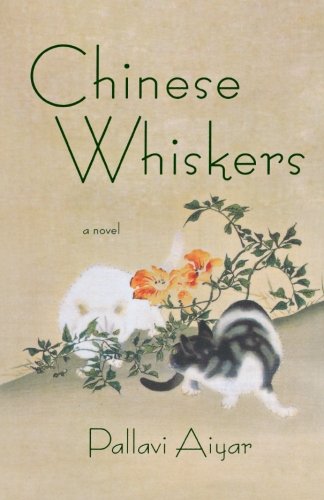- Awarding winning foreign correspondent and author
- Expert on the political economies and socio-cultural complexities of India, China and Indonesia in a comparative framework
- Author of Smoke and Mirrors, Chinese Whiskers, New Old World, Babies and Bylines and Choked!
- Young Global Leader with the World Economic Forum
- Awarding winning foreign correspondent and author
- Expert on the political economies and socio-cultural complexities of India, China and Indonesia in a comparative framework
- Author of Smoke and Mirrors, Chinese Whiskers, New Old World, Babies and Bylines and Choked!
- Young Global Leader with the World Economic Forum
Pallavi AIYAR is an award-winning foreign correspondent and author. She has reported from across China, Europe, Indonesia and Japan contributing to publications that include, The New York Times, The Los Angeles Review of Books, The South China Morning Post, The Wall Street Journal, The Caravan, The Hindu, The Indian Express, Nikkei Asian Review, the Indian Quarterly and Granta.
Pallavi was selected by the World Economic Forum as a 2014 Young Global Leader in recognition for her work in media and communications. She is also a member of the Forum’s Global Future Council on the Future of Media and Entertainment.
Pallavi was awarded the 2007 Prem Bhatia memorial prize for excellence in political reporting for her dispatches from China. She has also served as advisor to the Confederation of Indian Industry on China-related issues. In 2010 she was recognized by Chinese Premier Wen Jiabao for her work in furthering Sino-Indian relations.
Pallavi is the author of the 2008 China-memoir, Smoke and Mirrors, which won the Vodafone-Crossword Popular award. Her 2011 novel, Chinese Whiskers, a modern fable set in Beijing, was published in the United States, Italy, Belgium and India. She is also lead author of a Lonely Planet guide to China written specifically for the Indian market. Her book New Old World, is a unique Indian-Chinese take on contemporary Europe’s crises and was listed amongst Foreign Affairs’ list of best books in 2016. Her latest book, Choked: Living Inside the World’s Most Polluted Cities, is just out in India and is an in-depth look at the crisis of air pollution in New Delhi and Beijing.
Pallavi has presented her works at literary festivals, universities, think tanks and foundations around the world including the Berlin, Jaipur, Mumbai, Bangalore, Beijing, Shanghai, and Ubud literary festivals, The German Marshall Fund India Forum, the annual conference of the Association of Asian Studies, The Asia Society in New York and Mumbia, Columbia University, The Lee Kuan Yew School of Public Policy in Singapore, The London School of Economics and IMD in Lausanne.
Pallavi is a former Reuters Fellow at Oxford University (2007). She is also a Brains Trust member of the IMD-based think tank, the Evian Institute. Pallavi has first class degrees from Delhi University, Oxford University, the London School of Economics and the University of Southern California. She also has a 2016 executive education certificate in Public Leadership from Harvard University’s Kennedy School of Government.

